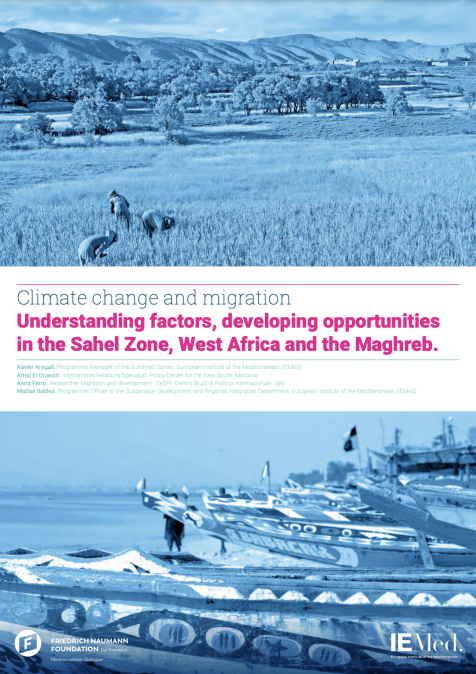Moderator Uduak Amimo, Uduak Amimo Coaching and Consulting Speakers André Caillé, Senior Strategic Advisor, Junex R. Andreas Kraemer, Founder and Director Emeritus, Ecologic Institute Thione Niang, Co-Founder and Co-CEO, Akon Lighting Africa Francis Perrin, Senior Fellow, Policy Center for the New South
Speakers

Francis Perrin
Senior Fellow
Francis Perrin is a Senior Fellow at the Policy Center for the New South who focuses on energy.
Following studies in economics and political science at the University Pierre Mendès France (UPMF – today University Grenoble Alpes) at Grenoble (France), Francis Perrin worked for several years as a journalist and freelance consultant on energy and mining resources before joining in 1991 the Paris-based Arab Petroleum Research Center (APRC). He was editor in chief of Arab Oil & Gas (AOG) and Pétrole et Gaz Arabes (PGA) between 1991 and 2000 and editorial manager of the publications of the APRC from 2001 to the end of 2011. Francis Perrin set up at the beginning of 2012 Stratégies et Politiques Energétiques (SPE) and later Energy Industries Strategies Information (EISI).
Pr ...

Thione Niang
...










